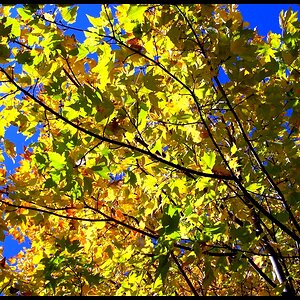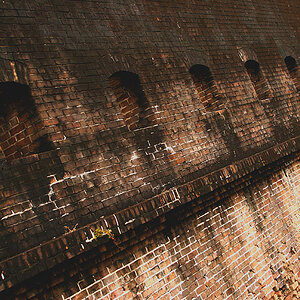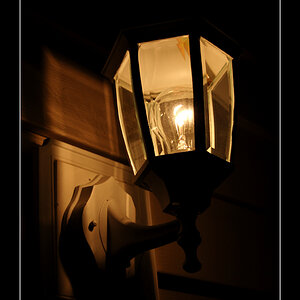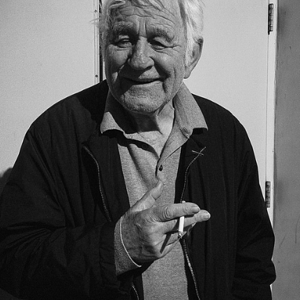Hey all,
I recently took the plunge from film to digital and invested in an entry level DSLR - Nikon D50.
This is my first shot I've finished processing and am looking for some feedback.
I shot this in the large fine jpg format. I don't see the point in shooting RAW and converting to jpg using software when the camera hardware does it in no time at all. I was using the D50 kit lense 18-55mm or 27-83mm in SLR terms .
.
I know there is a way to right click on an img and find all the camera settings but I can't work out how to do it . From memory I was at around 18mm, auto WB, ISO 400, manual focus, aperture priority around f/8, I was using a UV and polariser filter. I did a fair bit of photoshop work on the image, I'm wondering if I did too much.
. From memory I was at around 18mm, auto WB, ISO 400, manual focus, aperture priority around f/8, I was using a UV and polariser filter. I did a fair bit of photoshop work on the image, I'm wondering if I did too much.
So basically I'm just interested in your thoughts on the colour, post processing work, composition, theme or just your general thoughts. Feel free to edit my image.
Thank you very much
edit: I should probably upload the photo

I recently took the plunge from film to digital and invested in an entry level DSLR - Nikon D50.
This is my first shot I've finished processing and am looking for some feedback.
I shot this in the large fine jpg format. I don't see the point in shooting RAW and converting to jpg using software when the camera hardware does it in no time at all. I was using the D50 kit lense 18-55mm or 27-83mm in SLR terms
I know there is a way to right click on an img and find all the camera settings but I can't work out how to do it
So basically I'm just interested in your thoughts on the colour, post processing work, composition, theme or just your general thoughts. Feel free to edit my image.
Thank you very much
edit: I should probably upload the photo



![[No title]](/data/xfmg/thumbnail/40/40414-0d191cae467ae156374e5d8744c94b85.jpg?1619739465)
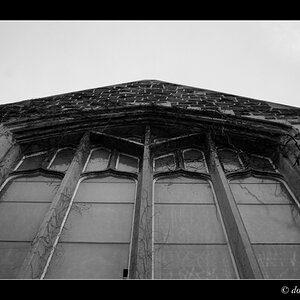
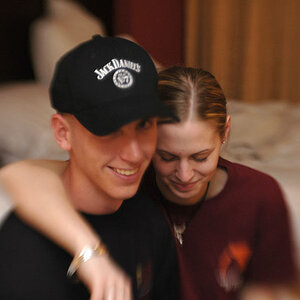
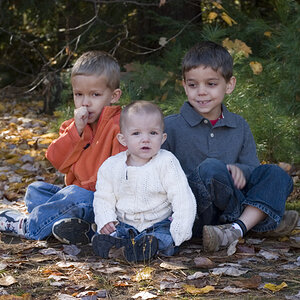
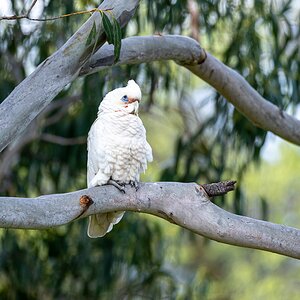
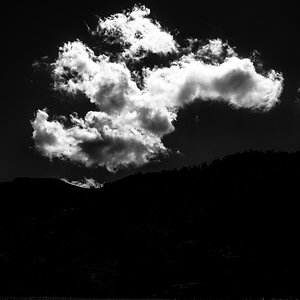
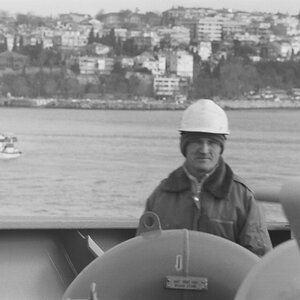
![[No title]](/data/xfmg/thumbnail/39/39292-4169a355b794ae9735845c4ad45d06ff.jpg?1619738958)
